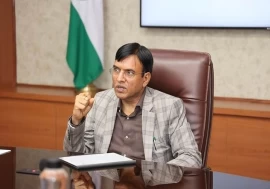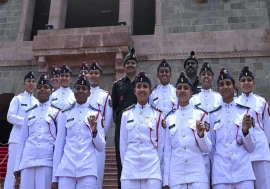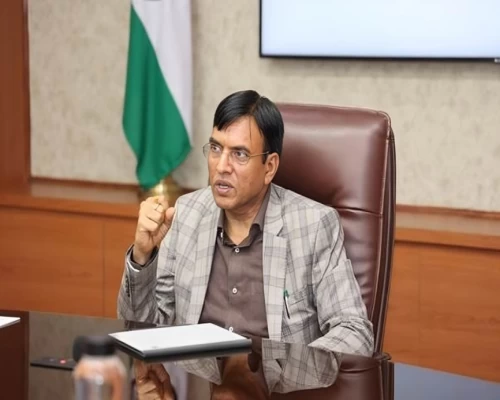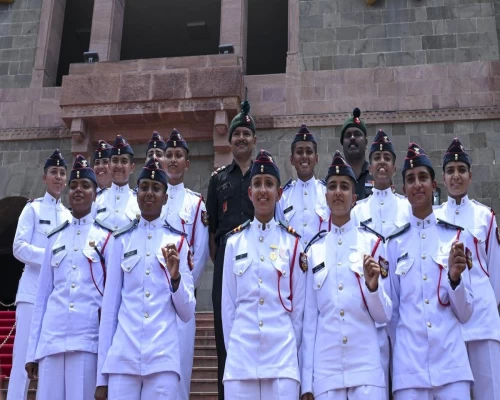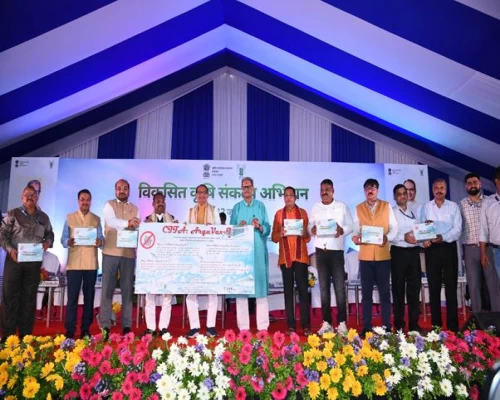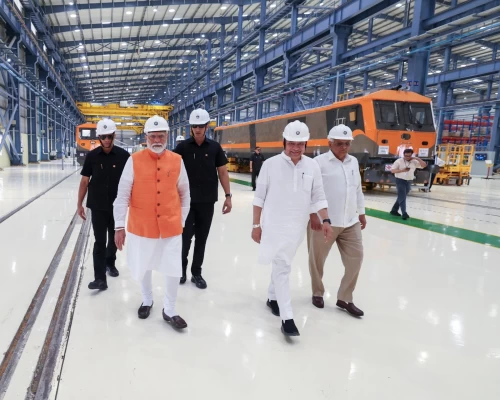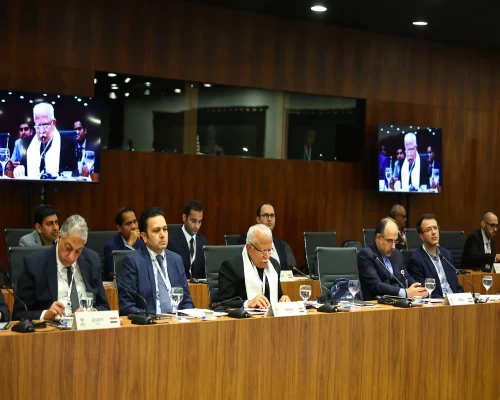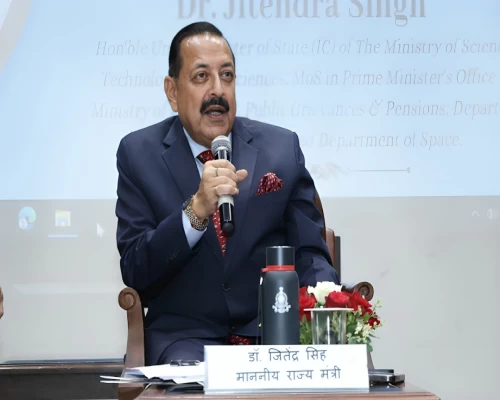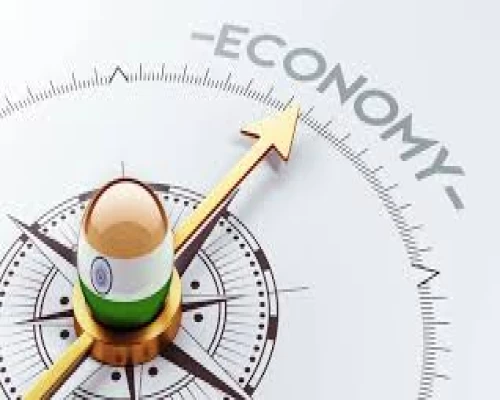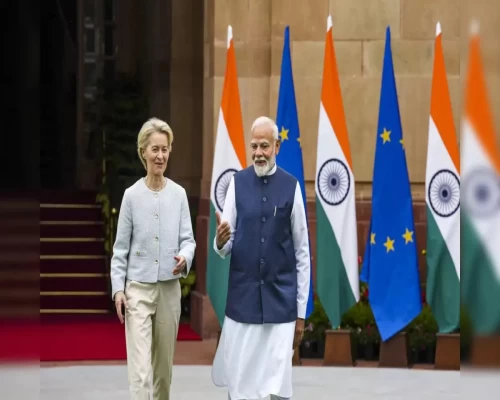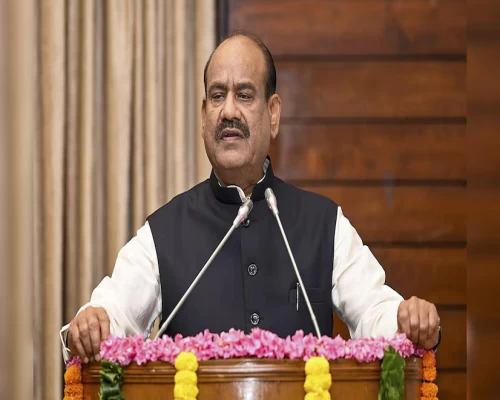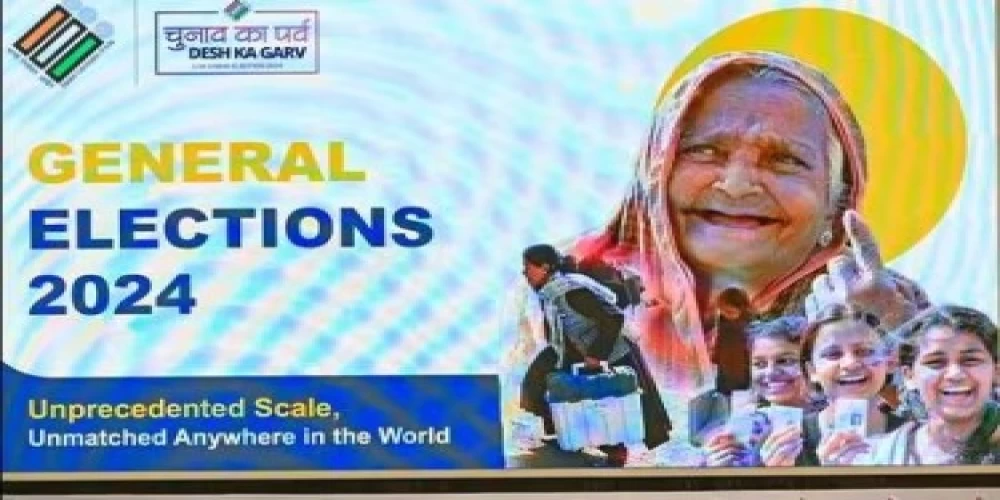
New Delhi: The Election Commission of India declared the schedule for India's upcoming general elections on Saturday, marking a marathon seven-phase exercise to elect the 543 members of the 18th Lok Sabha. The polling will span from April 19 to June 1, with counting of votes scheduled for June 4. Concurrently, assembly elections will be held in Andhra Pradesh, Odisha, Sikkim, and Arunachal Pradesh.
The dates for Lok Sabha polling are set for April 19, April 26, May 7, May 13, May 20, May 25, and June 1. Notably, Bihar, West Bengal, and Uttar Pradesh will witness voting across all seven phases. Assembly elections in Arunachal Pradesh and Sikkim are slated for April 19, while Andhra Pradesh will hold its assembly elections on May 13. Odisha’s assembly polls will be conducted over four phases on May 13, May 20, May 25, and June 1.
Chief Election Commissioner Rajiv Kumar, accompanied by newly appointed Election Commissioners Gyanesh Kumar and S.S. Sandhu, unveiled the polling schedule. Alongside the Lok Sabha and state assembly polls, by-elections for 26 assembly constituencies will also take place.
India has a total of 96.8 crore registered voters, including 49.72 crore men and 47.1 crore women. Among them, 1.82 crore are first-time electors, with 85 lakh being women. Kumar highlighted the improved gender ratio among electors, noting a significant presence of women voters in 12 states.
A notable feature of this general election is the provision allowing individuals aged above 85 years and those with over 40% disability to vote from their residences. The electoral rolls include 85 lakh registered voters aged above 85 years and 88.4 lakh voters with disabilities, with 21.18 lakh centenarians listed.
In response to the prevailing situation in Manipur, where ethnic conflicts have displaced a considerable number of voters, special polling stations will be established at or near relief camps. Displaced electors opting for this facility will be able to cast their votes using electronic voting machines, with the constituency of Outer Manipur set to vote on two separate days.
With the announcement of election dates, the Model Code of Conduct (MCC) has come into effect, to remain in force until the declaration of results. Chief Election Commissioner Kumar emphasized the challenges posed by what he termed the ‘four Ms’: muscle power, money power, misinformation, and MCC violations. He called upon political parties to maintain decorum during campaigns, urging them to refrain from personal attacks. The ECI, he stated, will respond "calibratedly" to MCC violations, with rigorous monitoring of election-related news on national and regional channels to ensure swift action against any untoward incidents or rule violations. /BI/


